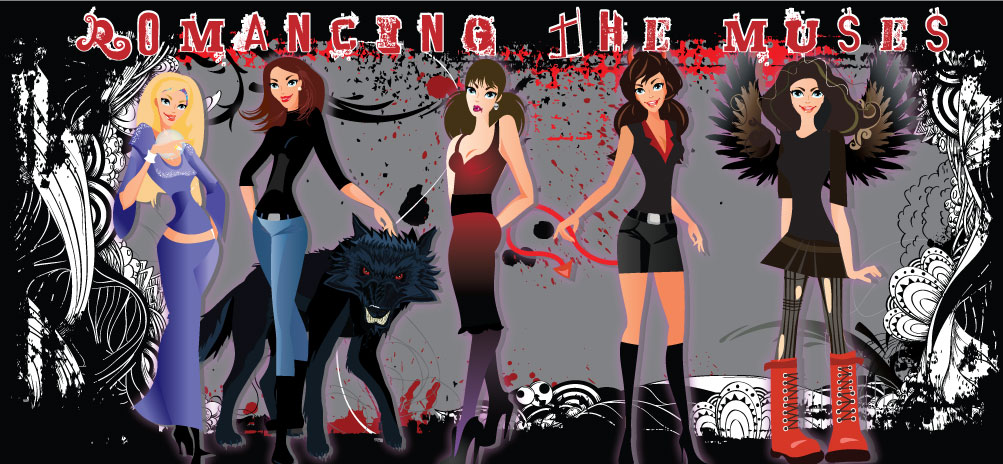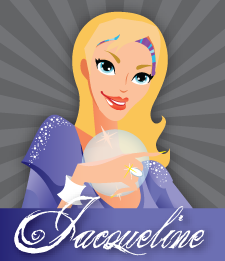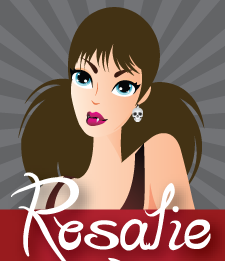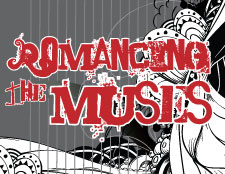Over the weekend, I received the first markup of my next release, and to my delight, there wasn’t much to change. A lot of what you see in your revisions depends upon the house publishing your work and the person who’s reading it, therefore I’m not sure whether or not it was my writing or my voice that lent my manuscript to so few revisions. It might also be the fact that I had three people, not including myself, review it before I began the submission process. Regardless, I went through my editor’s suggestions, changed those things I agreed needed to be changed, made comments where I thought clarification was necessary, and shot it back to her within twelve hours.
However, I wasn’t finished. As soon as I sent the revisions back, I opened up my two WIPs and targeted the areas my editor had noted in my writing for revision. It’s my belief that if I know something doesn’t work, is overdone, is silly, or otherwise detracts from the quality of my work, it should be up to me to fix it once I am aware of the problem. After all, accepting your limitations and adjusting your writing style to accommodate what others identify as good rather than sloppy is a part of the writing process. I know this isn’t true across the board, but I’m in this for the love of writing. If I can identify and address my flaws, it helps me grow.
This isn’t just a vanity thing. Do I want to be the best? You bet your sweet ass I do. However, just as potent as my desire to better myself is the urge not to make my editor tell me the same things over and over and over again. As an editor myself, I can tell you the thing that drives me craziest—beyond the wacky things I’ve seen in manuscripts—is an author who makes the same mistake, no matter how many times they’ve been told otherwise, and refuses to change it. True, it is the editor’s job to catch, correct, and suggest, but no writer is above taking advice or suggestions, and resisting changes in one’s manuscript—especially when it comes to grammar, syntax, structure, or clarification—will not give you a good reputation.
Think about it this way: when you’re offered a contract from a publisher, they’re essentially saying, “You’re hired!” True, writing books is a tad different from your run-of-the-mill job, but they are providing a service for you—editing, putting faith in your manuscript, and putting their name on the line just as much as you are before making your product available to the public. If you decide to leave your publisher for another, what sort of reputation do you want lingering among the staff? If you think problem authors are not discussed, you’re in for a rude awakening, and the last thing you want is that sort of reputation following you around.
So do yourself a favor: take suggestions, make corrections, go through and identify areas you feel might be problematic. If you don’t agree with an editor, crit partner, or beta, don’t ignore them; ask why. Why doesn’t this work? What suggestions do you have? How will taking this suggestion improve the story? After discussing the matter, should you still think your way makes the most sense, that’s one thing. However, if you don’t explore or attempt to understand your limitations, you’re cheating yourself out of a fundamental experience of being an author.
Monday, February 21, 2011
Subscribe to:
Post Comments (Atom)










1 comments:
YOU GUYS TALK? *faints*
When I recover, I may point out how much I like this post. But I'm unconscious, so check back later. Thank you.
Post a Comment